
Daniel Judah Lasker (born April 5, 1949) is an American-born Israeli scholar of Jewish philosophy. As of 2017, he is Professor Emeritus in the Department of Jewish thought at Ben Gurion University of the Negev.

Daniel Judah Lasker (born April 5, 1949) is an American-born Israeli scholar of Jewish philosophy. As of 2017, he is Professor Emeritus in the Department of Jewish thought at Ben Gurion University of the Negev.
He also served as the vice president of the Society for Judaeo-Arabic Studies which is housed at the Ben Zvi institute, [1] Jerusalem.

David Ben-Gurion was the primary national founder of the State of Israel as well as its first prime minister. As head of the Jewish Agency from 1935, and later president of the Jewish Agency Executive, he was the de facto leader of the Jewish community in Palestine, and largely led the movement for an independent Jewish state in Mandatory Palestine.
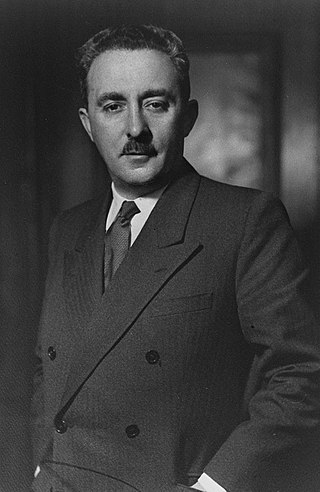
Moshe Sharett was the second prime minister of Israel and the country’s first foreign minister. He signed the Israeli Declaration of Independence and was a principal negotiator in the cease-fire agreements that concluded the 1948 War of Independence. Beginning in 1933, he headed the political department of the Jewish Agency. He also founded the Jewish Brigade, which fought with the British Army during World War II.

Ben-Gurion University of the Negev (BGU) is a public research university in Beersheba, Israel. Named after Israeli national founder David Ben-Gurion, the university was founded in 1969 and currently has five campuses: three in Beersheba, one in Sede Boqer and one in Eilat.
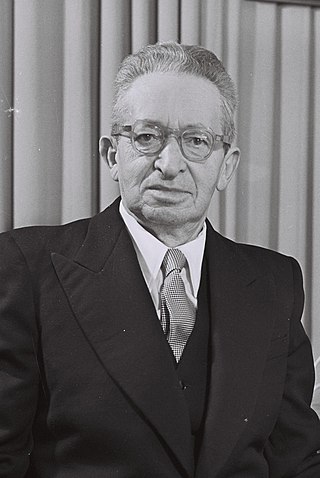
Yitzhak Ben-Zvi was a historian, ethnologist, Labor Zionist leader and the longest-serving President of Israel. He was first elected on 8 December 1952, assumed office on 16 December 1952, and continued to serve in the position until his death.

Elwood Vernon Jensen was the Distinguished University Professor, George and Elizabeth Wile Chair in Cancer Research at the University of Cincinnati College of Medicine's Vontz Center for Molecular Studies. In 2004 he received the Albert Lasker Award for Basic Medical Research for his research on estrogen receptors. He is considered the father of the field of hormone action.

Yigael Yadin was an Israeli archeologist, soldier and politician. He was the second Chief of Staff of the Israel Defense Forces and Deputy Prime Minister from 1977 to 1981.

Anita Shapira is an Israeli historian. She is the founder of the Yitzhak Rabin Center, professor emerita of Jewish history at Tel Aviv University, and former head of the Weizmann Institute for the Study of Zionism at Tel Aviv University. She received the Israel Prize in 2008.
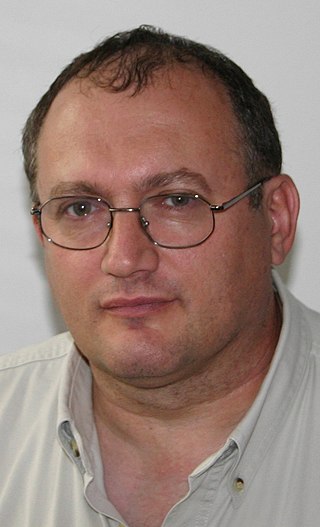
David Newman OBE is a British-Israeli scholar in political geography and geopolitics. He is a professor at the Ben-Gurion University of the Negev (BGU) Department of Politics and Government and was this department's first chairperson. Newman also served for many years as chief editor of the academic journal Geopolitics and as Dean of BGU's Faculty of Humanities and Social Sciences.

Tuvia Friling is an Emeritus professor at Ben-Gurion University of the Negev, Israel. Previously he served as a senior researcher at the Ben-Gurion Research Institute for the Study of Israel and Zionism and a lecturer at the Israel Studies Program both at Ben-Gurion University of the Negev.
Shabtai Teveth was an Israeli historian and author.
The Book of Nestor the Priest, originally titled Account of the Disputation of the Priest or its Hebrew textual avatar Sefer Nestor Ha-Komer is thought to be the earliest surviving anti-Christian Jewish polemic. The original version of the book was written in Judeo-Arabic and also a translation to Hebrew which confused an opening quote from Nestorius with the name of the author of the book, who is actually unknown. It cites extensively and critically from the New Testament and Church sources. The title komer (כומר) describes a Christian priest, rather than a kohen or Jewish priest. The text is written as the story of a Christian priest who converted to Judaism and wrote a critical account of the fundamental Christian doctrine regarding the nature of Jesus and the Trinity.

Mark. H. Gelber is an American-Israeli scholar of comparative literature and German-Jewish literature and culture.

Howard "Haim" Kreisel is a professor of medieval Jewish philosophy in the department of Jewish Thought at Ben-Gurion University of the Negev (emeritus).

Boaz Huss is a professor of Kabbalah at the Goldstein-Goren Department of Jewish Thought at Ben-Gurion University of the Negev. He is a leading scholar in contemporary Kabbalah.

Daniel Sivan is an Israeli Emeritus professor in the Department of Hebrew Language at the Ben-Gurion University of the Negev.
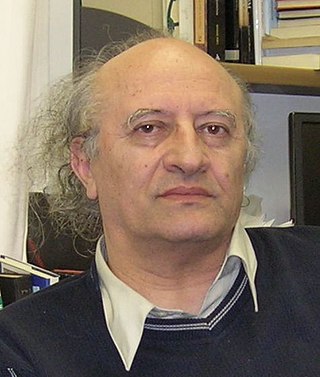
Moshe Idel is a Romanian-born Israeli historian and philosopher of Jewish mysticism. He is Emeritus Max Cooper Professor in Jewish Thought at the Hebrew University, Jerusalem, and a Senior Researcher at the Shalom Hartman Institute.
Joseph Heller, transcribed also as Yosef Heller, is an Israeli historian. He is Professor Emeritus at the Hebrew University in Jerusalem. He was born in Tel Aviv.
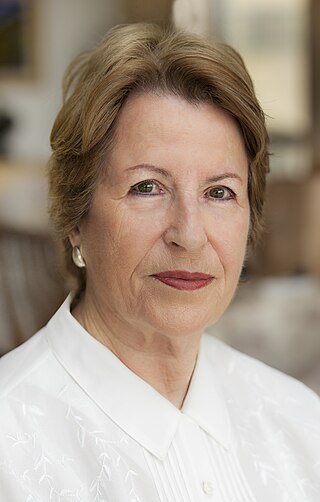
Dvora Hacohen is an Israeli historian and professor in the Department of Land of Israel Studies and Archaeology at Bar-Ilan University in Israel. Her research interests are in the development of Israeli society.
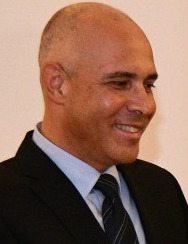
Alon Chen is an Israeli neuroscientist and the 11th President of the Weizmann Institute of Science.
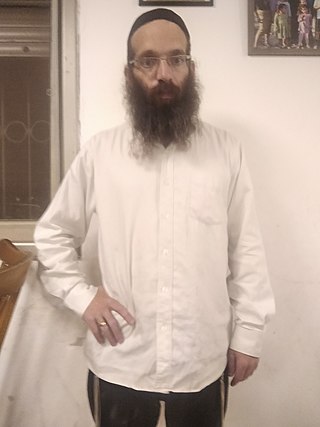
Shalom Sadik is a scholar of Jewish philosophy in the Middle Ages. He is a member of the Jewish Thought Department at Ben-Gurion University of the Negev and has published articles and books on the subject. He has been honored with various academic awards in recognition of his work, which focuses on topics such as free will, the philosophy of Maimonides, the philosophy of the Jewish Apostate in Spain and natural-Law.